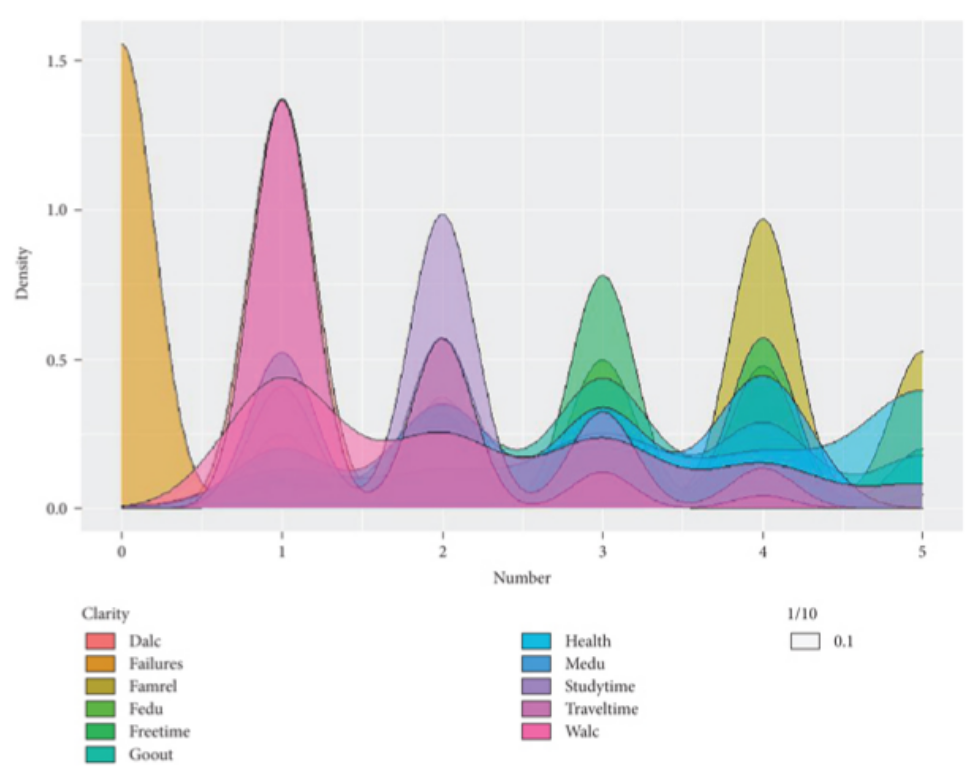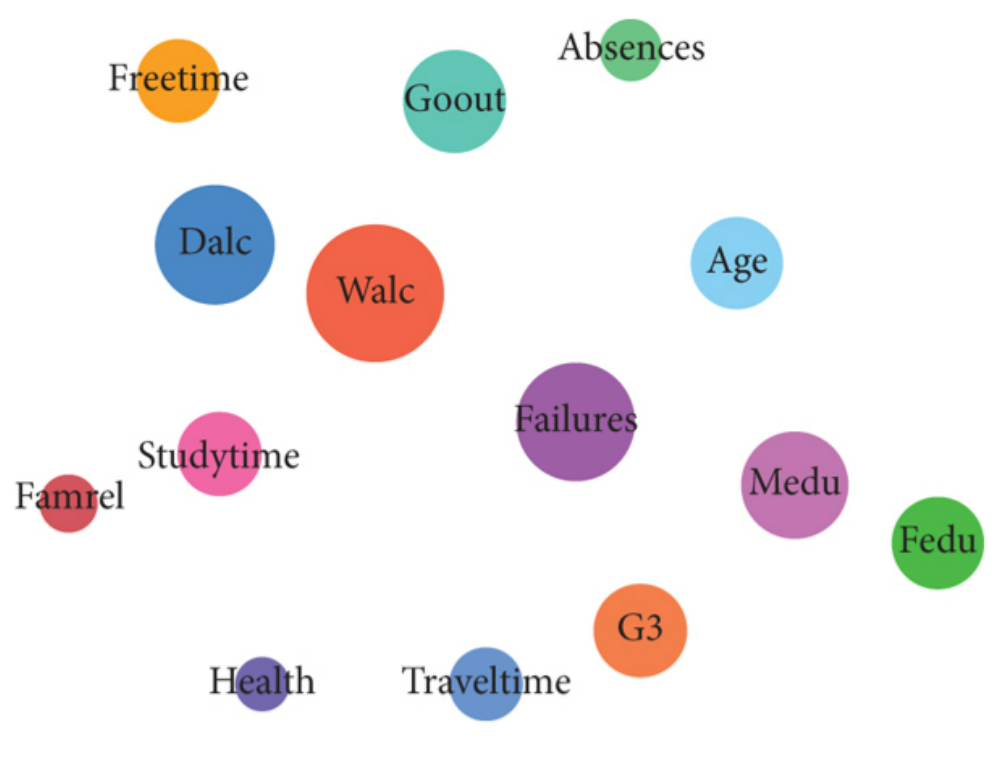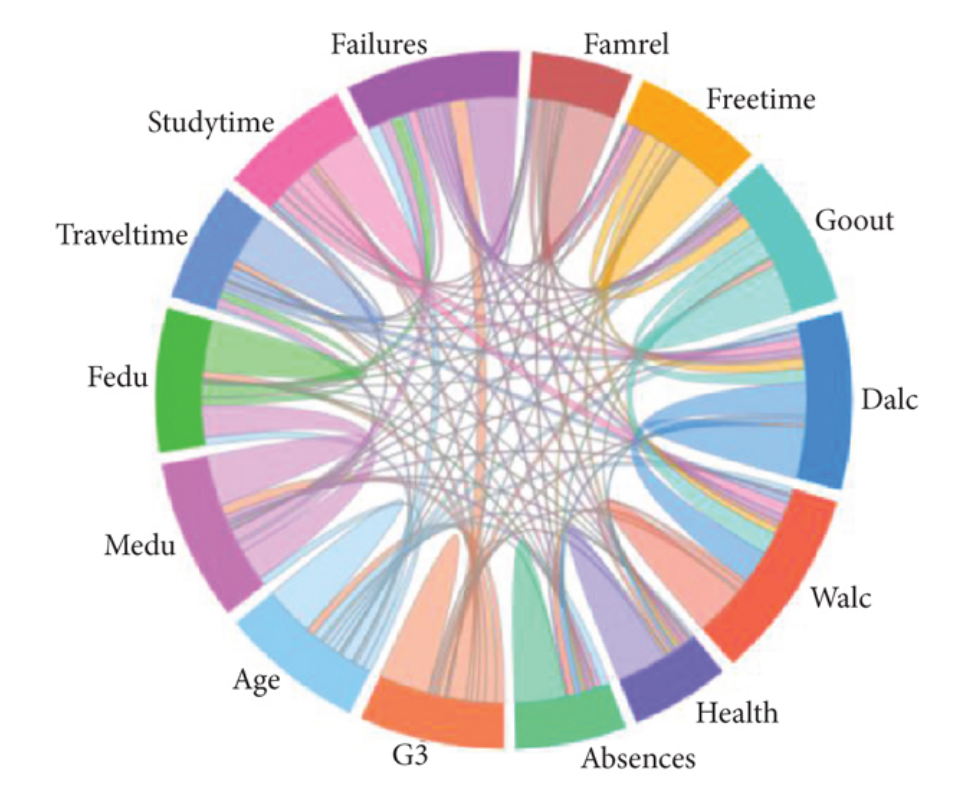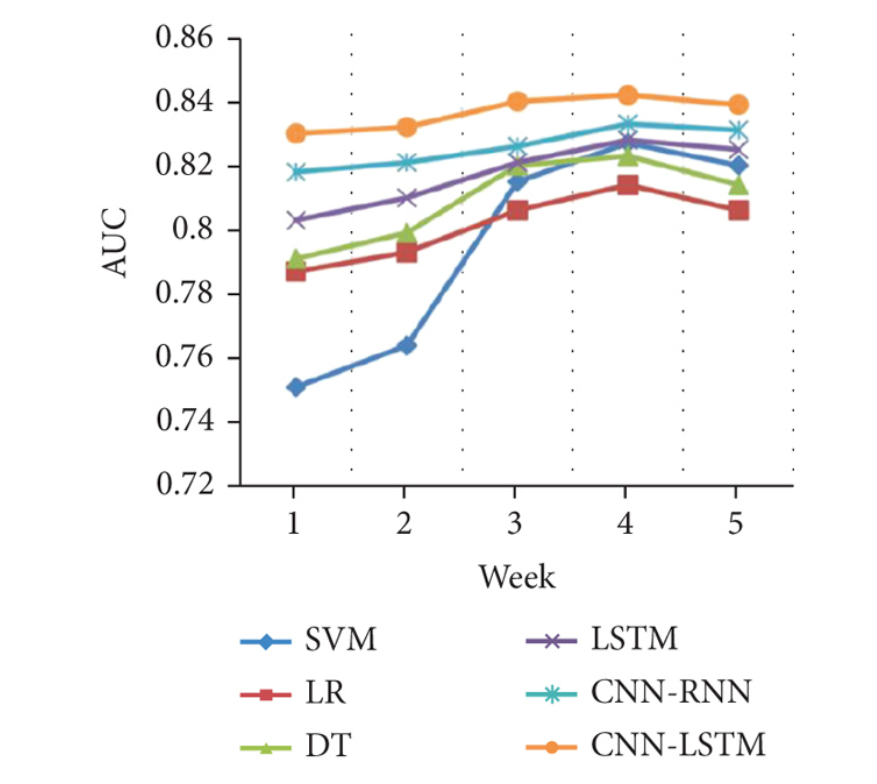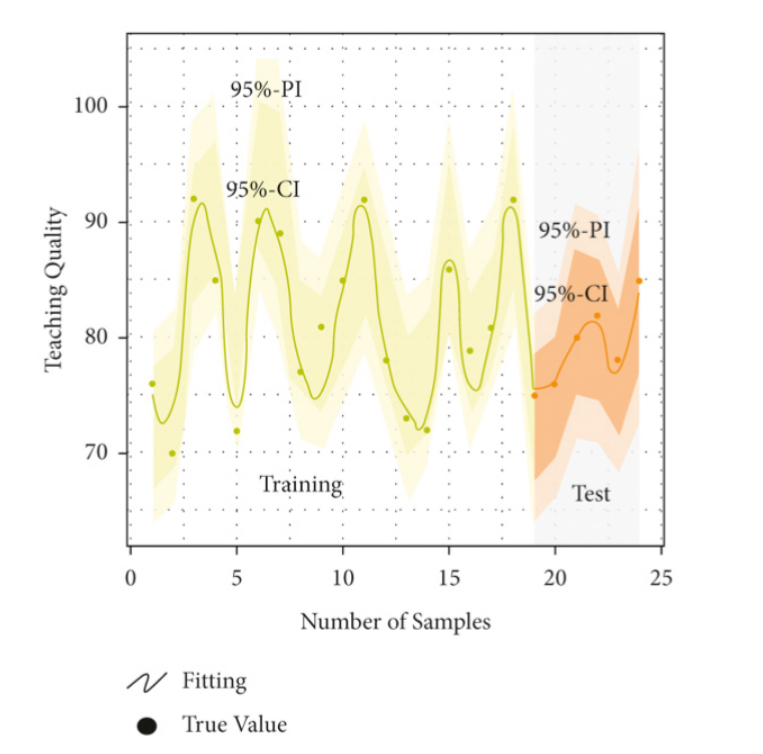 An open access journal
An open access journal
Analysis of the phenomenon of network "moral judgement" and response strategy
Abstract
With the rapid progress of Internet technology, the trend of "moral judgement" in cyberspace is becoming more and more significant, which has far-reaching and complicated effects on the protection of individual rights and interests, the maintenance of social peace and the guarantee of the impartiality of the judicial system. This article aims to analyse the phenomenon of online "moral judgment" from the unique perspective of ideological and political pedagogy, focusing on the ambiguity and internal conflict of online norms, the anonymity of the online environment and the effect of group behaviour it triggers, as well as the mapping of class conflict in cyberspace during the stage of social transformation. On this basis, the article further proposes a series of targeted response strategies and measures, aiming to provide a solid theoretical cornerstone and practical guidance for the harmonious construction of network ecology.
Share and Cite
Article Metrics
References
- Jiang, Y. (2023). Is a Just Online Moral Judgment Possible? — From the Perspective of Bystanders. Journal of Jishou University (Social Sciences Edition), 44(01), 134-140.
- Noelle-Neumann, E. (1994). The Spiral of Silence: A Journey into the Discovery of Public Opinion. In Weng, X. Q., Li, D. R., & Li, D. Y. (Eds.), ** (pp. 95-100). Taipei: Yuan-Liou Publishing.
- Wang, S. Q. (2016). Moral Conflicts of Modernity and Social Regulation. Philosophy Research, (04), 96-100+129.
- Nian, D. Q. (2021). The Mechanism of Generation and Guidance Strategies of Group Polarization among College Students in Cyberspace. Educational Theory and Practice, 41(18), 35-39.
- Marx, K., & Engels, F. (1982). Collected Works of Marx and Engels (Vol. 27). Beijing: People’s Publishing House, 47.
- Kant, I. (2013). Complete Works of Kant (Vol. 99). Li, Q. L. (Ed.). Beijing: Renmin University of China Press, 24.

